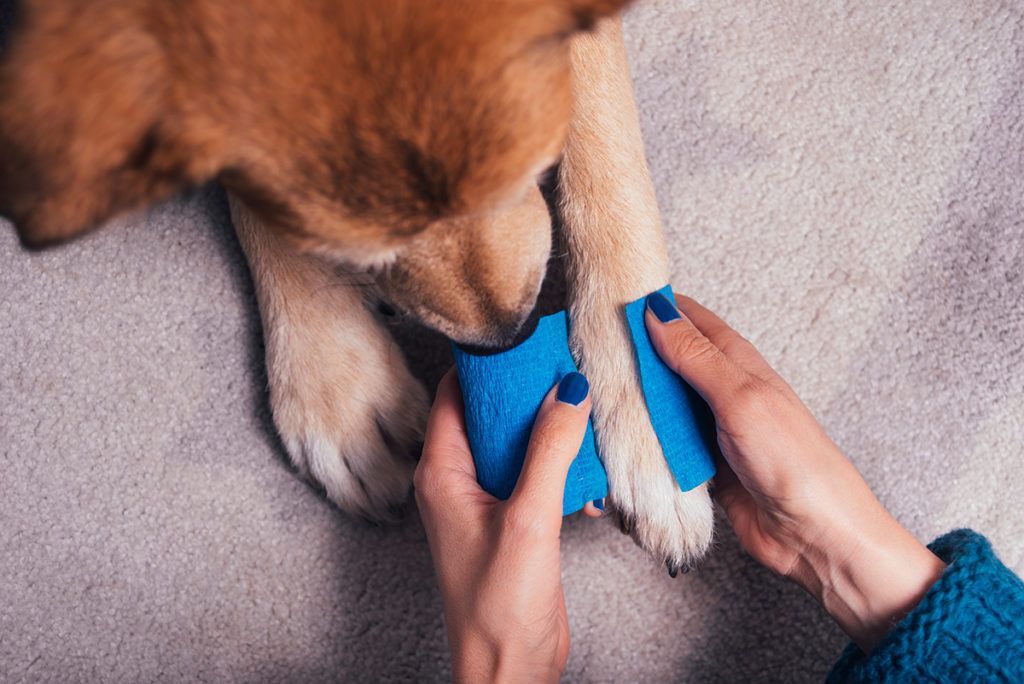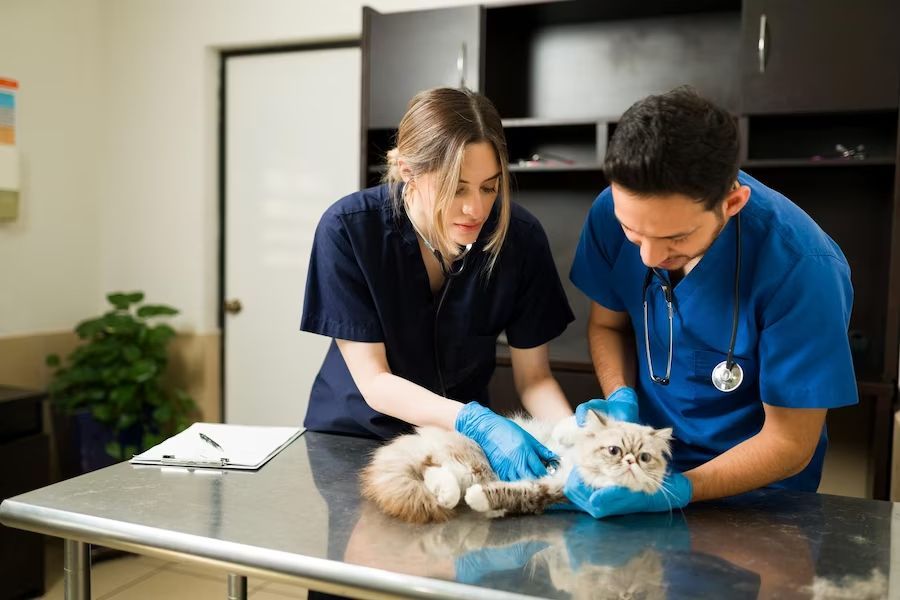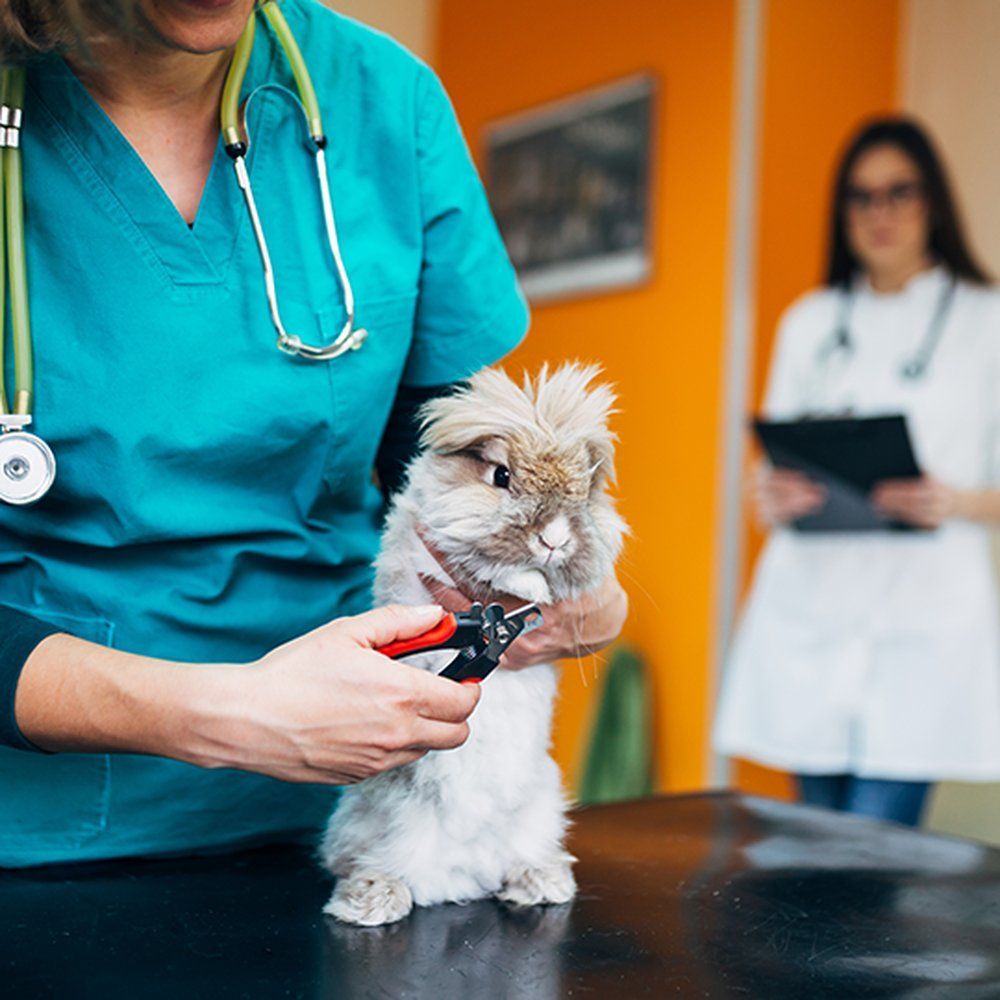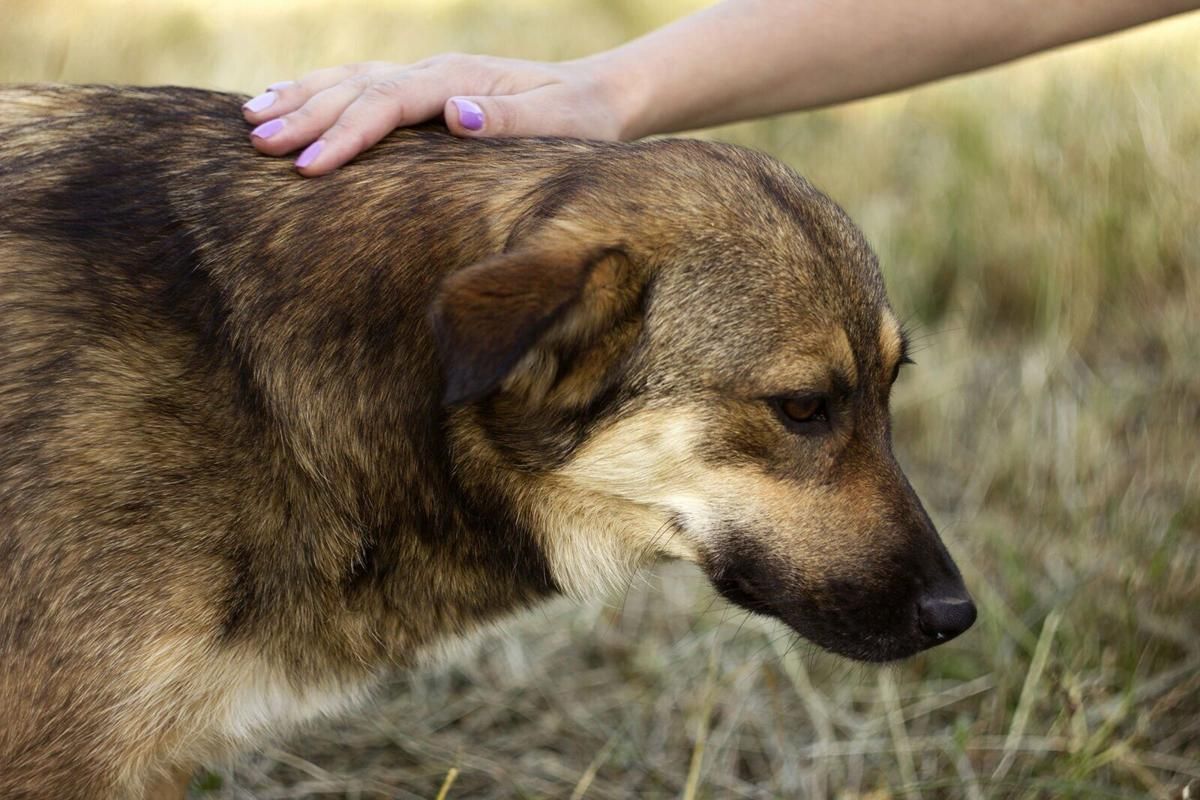How Much Imodium Can I Give My Dog?
How Much Imodium Can I Give My Dog
If your canine companion has developed a sudden case of diarrhea, you may be searching your medicine cabinet for any reliable help.

Though plenty of over the counter medications are safe for humans when our stomachs are upset, are they safe for our dogs as well?
Imodium is a staple in many homes due to its ability to cure diarrhea, so many wonder if it’s okay to give their dogs as well.
Though Imodium is technically safe for use in dogs, there are some important details you should be aware of before offering it to your pup.
In this article we will get into the details of Imodium use in our furry friends, and what you should be aware of when offering this medication.
What Is Imodium (Loperamide)?
Imodium, or Loperamide, is an over the counter medication that is intended to treat diarrhea in people.
This is a common staple in medicine cabinets around the world due to its fast action, and has even been used off label in dogs.
This medication works by slowing down the movement of the gut, allowing the stool to firm in the process.
Can I Give My Dog Imodium?
Yes, Imodium is safe for use in most dogs.
This medication can be effective in treating simple cases of diarrhea that are not viral in nature, or cases that are not related to a toxicity.
If the condition can benefit from the slowing of the gut that Imodium offers, it may be effective in bringing some dogs relief.
Should Dogs Take Imodium For Diarrhea?
Dogs can take Imodium for diarrhea if it has been approved by your veterinarian.
Imodium can help dogs with GI upset by slowing down the contractions of the intestines, allowing the intestines to absorb salt and fluids as they should.
Once the normal digestive process is restored, this helps to stop diarrhea in its tracks.
Does Imodium Cause Any Side Effects In Dogs?
Though side effects are typically rare, there are some symptoms that you should keep an eye out for when giving Imodium to your dog.
Some of the most common side effects seen in our furry friends include bloating, gas, constipation, and even slight drowsiness.
Risks Of Giving Imodium To Dogs
While Imodium is safe for use in most dogs, there are some furry friends that should never take this over the counter medication.
Loperamide can be dangerous for dogs with certain medical conditions, as well as those taking a list of medications.
The conditions that can be negatively affected by Imodium use include:
- Diarrhea from viral disease
- Diarrhea from toxicity
- Hypothyroidism
- Kidney disease
- Liver disease
- Addison’s disease
- Head injuries
- Those that are pregnant
It’s also important to note that dogs with the MDR1 gene may be unable to process this medication effectively, leading to the potential for toxicity.
In addition to the medical conditions that we listed above, there are also a list of medications that can cause drug interactions with Imodium.
These medications include:
- Ketoconazole
- Itraconazole
- Sulfamethoxazole
- Verapamil
- Tamoxifen
- Amiodarone
- Carvedilol
- Erythromycin
If your dog has any of the conditions listed above, or they take any of the medications listed above, you should never give your dog Imodium with your vet’s approval.
How Much Imodium Can I Give My Dog?
If you get an approval from your vet to give your dog Imodium, there is a standard dosing your vet will follow.
In most cases, dogs can take one 2mg tablet for every 25 to 50 pounds of body weight.
If you are offering your pup liquid Imodium, you can typically offer 0.3ml to 0.6ml per day.
They can take this dose two to three times per day if their diarrhea persists
Again, we suggest never giving Imodium to your dog without vet approval
Your dog’s diarrhea may be a result of underlying illness that requires additional treatment, and Imodium could just mask their symptoms temporarily.
Are There Better Options Than Imodium?
We always suggest having your dog seen when they have diarrhea due to the fact that there are more effective options at your vet’s office.
Not only are there better options for diarrhea in dogs, but your veterinarian can actually diagnose the cause of their symptoms.
By simply giving your dog an over the counter medication without a diagnosis, you may only be treating the issue temporarily.
Should I Take My Dog To The Vet?
If your dog has diarrhea for more than 24 hours, we always suggest having them seen by your veterinarian.
Diarrhea can quickly lead to dehydration in our canine friends, along with the fact that their symptoms could be a result of serious illness.
Even if diarrhea is their only concerning symptom, it is always best to have them seen by a vet for further guidance.
Final Thoughts
Imodium is technically safe for use in dogs, but you should still get approval from your vet before offering it.
As long as it is deemed safe for your dog’s situation, this may be an effective tool in treating their diarrhea.
Contact with your local vet for the best advise








Resource Center




24/7 Local Veterinarian is a Veterinarians referral service. We connect you with Veterinarians in your area. All Veterinarians are operated independently of 24/7 Local Veterinarian. It is the responsibility of each user to verify that the Veterinarian connected with meets all licensing and insurance requirements in that jurisdiction.
Photos on 24/7 Local Veterinarian are for design purposes only and do not represent the vets services in your area.
Services will not be available in all areas, and when services are available, they may vary depending on providers available.

